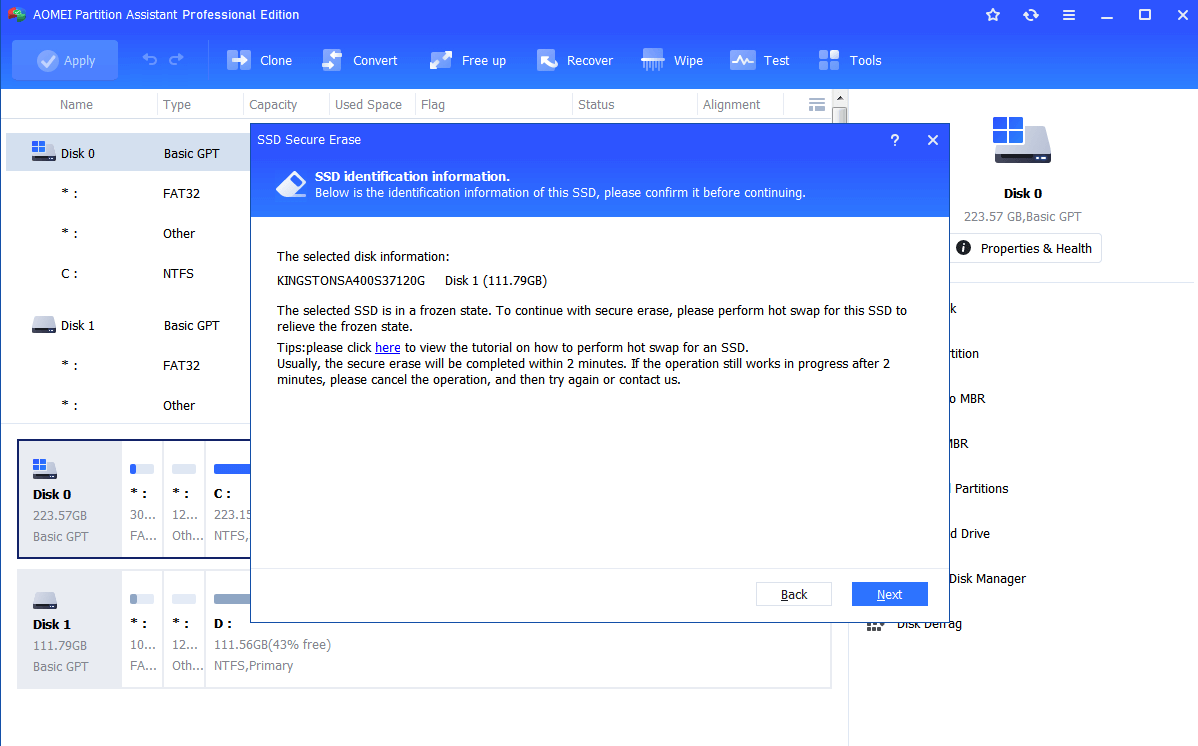
This guide will cover all capacities of the Samsung T5 Portable Solid State Drive, Samsung T7 Portable Solid State Drive and Samsung T7 Touch Portable Solid State Drive. You can check out this tutorial at Seeking Tech to seek how you can change, remove and recover the password that you used on your T5, T7 or T7 Touch. Micron did not immediately respond to a request for comment.The Samsung T5, T7 and T7 Touch Portable Solid State Drives feature a password protection security mode that you can use to locked data stored on the SSD in order to prevent others from assessing. In an advisory, Samsung also recommended that users install encryption software to prevent any “potential breach of self-encrypting SSDs.” Crucial’s owner Micron is said to have a fix on the way, according to an advisory by the Netherlands’ National Cyber Security Center, but did not say when. The researchers recommend using software-based encryption, like the open-source software VeraCrypt. “Manufacturers that take security seriously should publish their crypto schemes and corresponding code so that security claims can be independently verified,” they wrote. The researchers criticized the device makers’ proprietary and closed-source cryptography that they said - and proved - is “often shown to be much weaker in practice” than their open-source and auditable cryptographic libraries. But the research was made public after disclosing the bugs to the drive makers in April.Ĭrucial’s MX100, MX200 and MX300 drives, Samsung’s T3 and T5 USB external disks and Samsung 840 EVO and 850 EVO internal hard disks are known to be affected, but the researchers warned that many other drives may also be at risk. The researchers said that their findings are not yet finalized - pending a peer review. Matthew Green, a cryptography professor at Johns Hopkins, described the BitLocker flaw in a tweet as “like jumping out of a plane with an umbrella instead of a parachute.” “You might think you’ve done the right thing enabling BitLocker but then a third-party fault undermines your security, but you never know and never would know,” he said. In other words, users “should not rely solely on hardware encryption as offered by SSDs for confidentiality,” the researchers said.Īlan Woodward, a professor at the University of Surrey, said that the greatest risk to users is the drive’s security “failing silently.”

Yet, as the researchers found, if the hardware encryption is buggy, BitLocker isn’t doing much to prevent data theft. But the researchers found that in the case of Windows computers, often the default policy for BitLocker’s software-based drive encryption is to trust the drive - and therefore rely entirely on a device’s hardware encryption to protect the data.

That wouldn’t be much of a problem if an affected drive also used software encryption to secure its data.


 0 kommentar(er)
0 kommentar(er)
